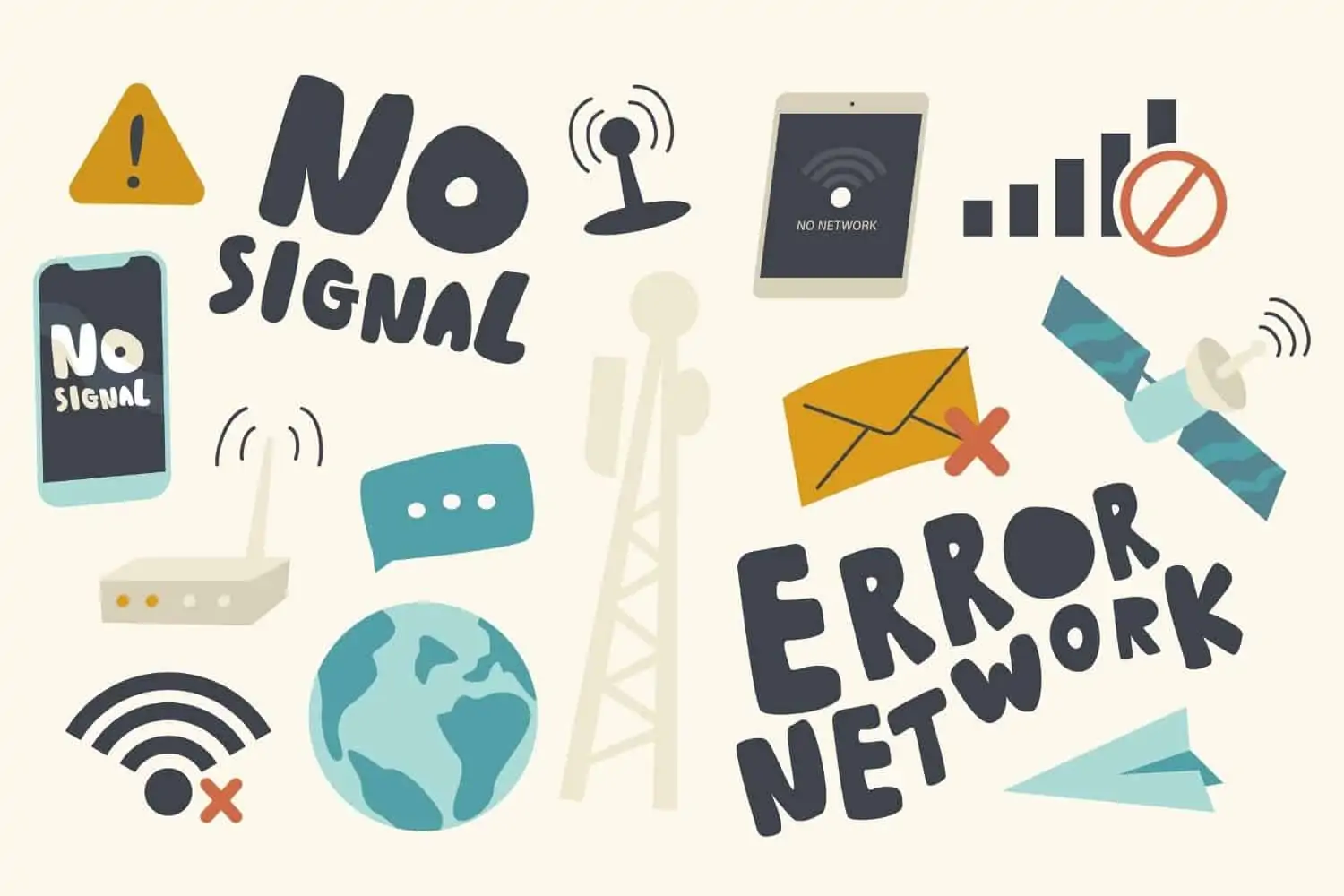It is no secret that load shedding frustrates the whole of South Africa by compromising businesses and inconveniencing everyone’s daily lives. And lately, load shedding also seems to have an impact on our cellphone signal and internet connection.
How does load shedding affect our internet connection?
It has been reported that many fibre users in particular seem to lose their network during load shedding. Reportedly, this is due to the system becoming overwhelmed.
When the electricity comes back on, there are too many users who try to reconnect at the same time. Thus, a significant delay is caused due to the network being overwhelmed.
How does load shedding affect our signal?
Cellphone networks have explained that one of the main reasons why the signal is affected by load shedding is due to the backup batteries at cell towers. Apparently, with loadshedding being so unpredictable, there is not always enough time to charge these batteries at cell towers.
Jacqui O’Sullivan, MTN SA’s executive of corporate affairs, explains:
“These batteries generally have a capacity of six to 12 hours, depending on the size category, and require 12 to 18 hours to recharge. The constant outages are starting to have a direct impact on the performance of the batteries. If outages continue, the battery’s integrity is compromised because of insufficient time to recharge and due to the excessive drain on the battery.”
A spokesperson from Vodacom also explains that “once power is fully depleted, the tower stops working entirely“. And depending on the layout of nearby towers, this may cause some irregular service or even a complete service blackout in an area.
Cell C’s chief technical officer, Schalk Visser, also weighed in on the issue: “During extended periods of power failures, back-up systems are not sufficient, resulting in a negative impact on customers as well as an impact on revenues.”
